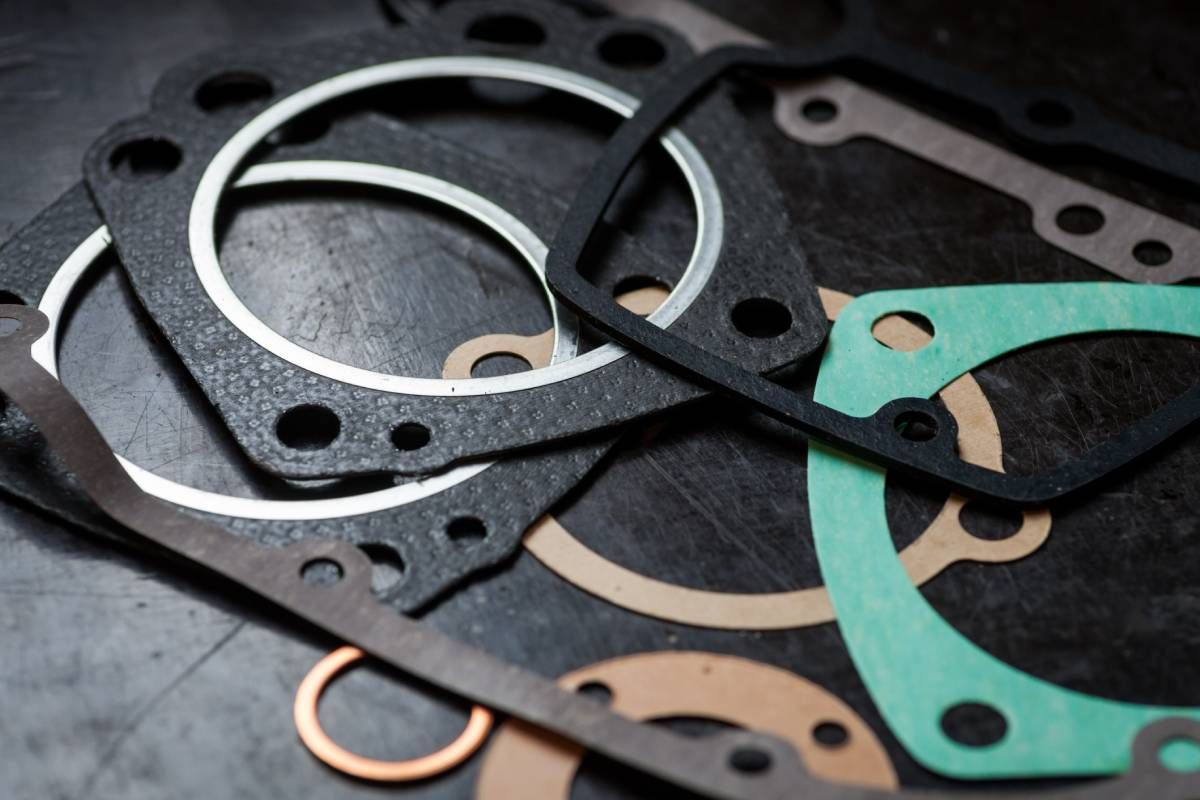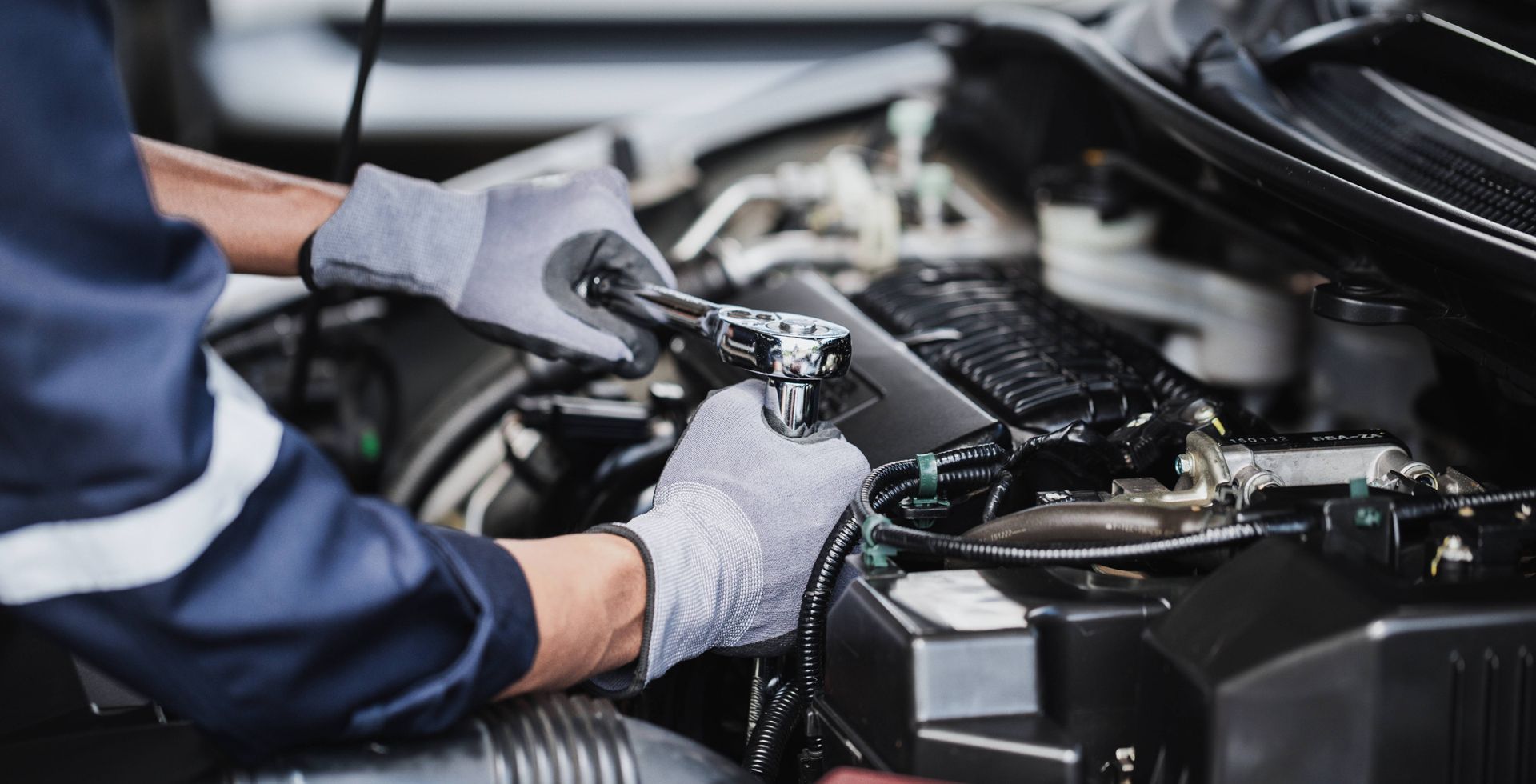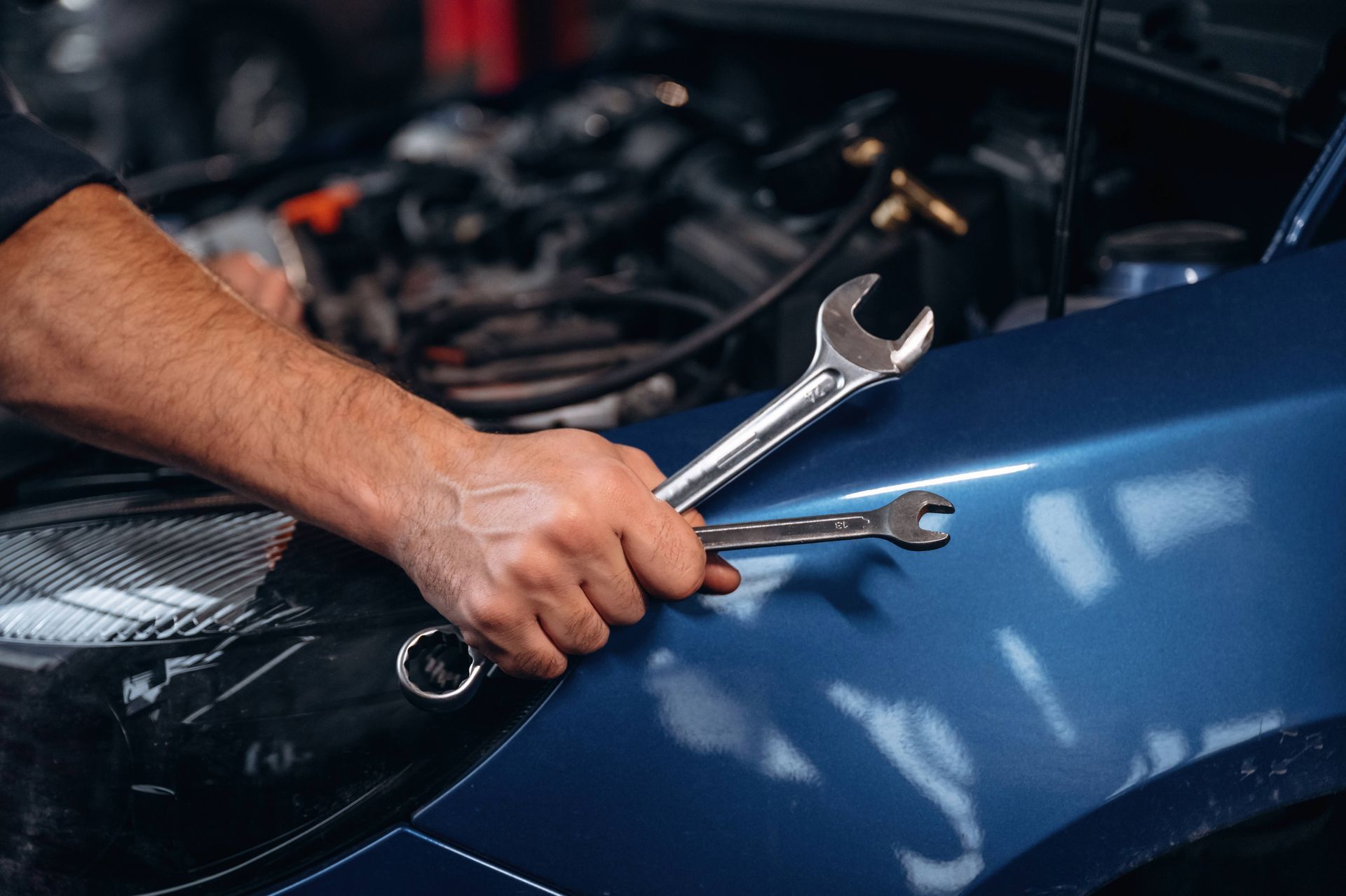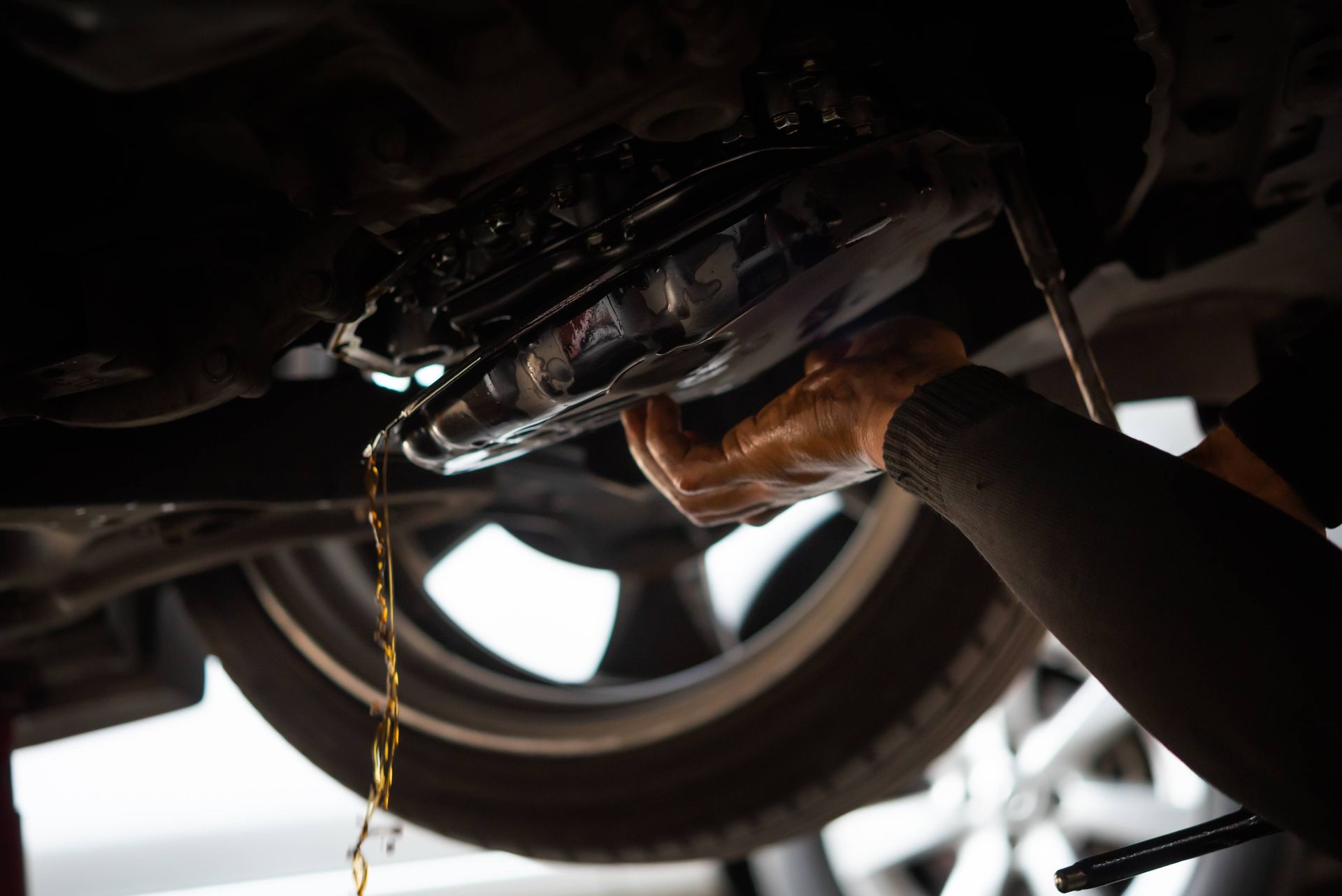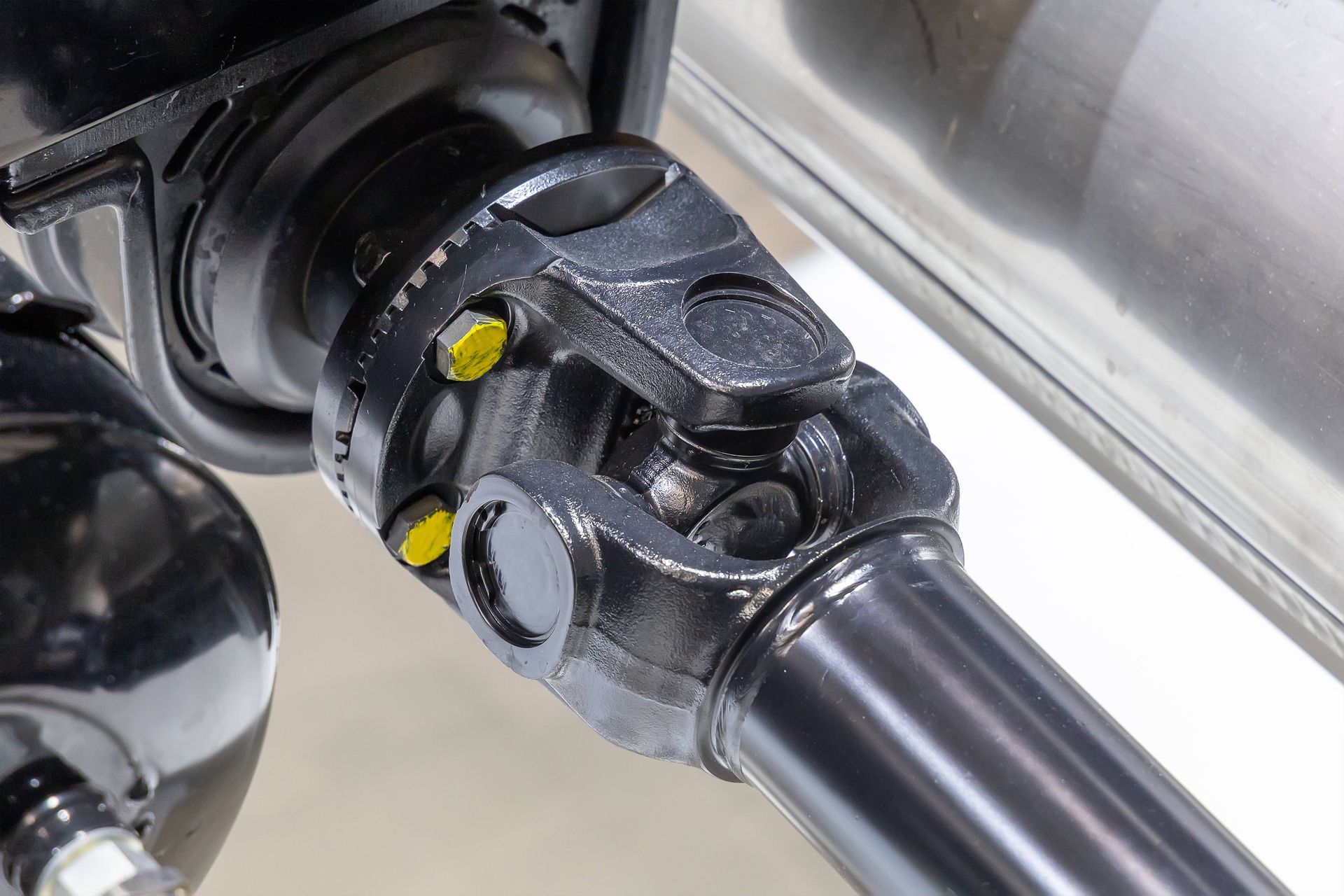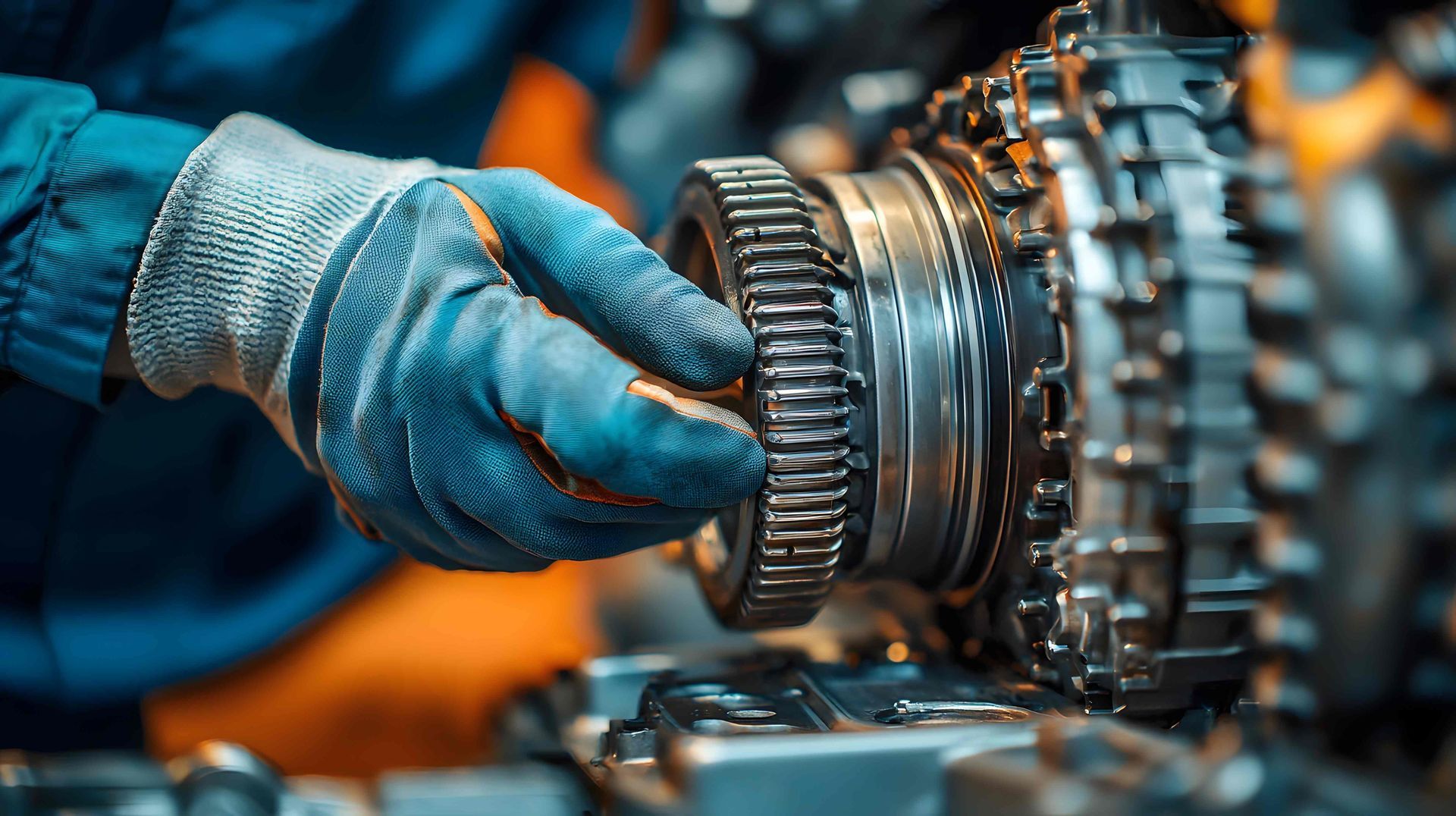Ask Our Experts: What is a Gasket in a Car?
The word “gasket” gets tossed around constantly in auto maintenance and repair shops, but not everyone knows exactly what it means. These auto parts are vital in assuring a vehicle’s efficiency and functionality. The experts at Mr. Transmission are ready to share information about gaskets—understanding how these parts work helps our customers make informed decisions.
What is a Gasket in a Car?
A gasket is a seal that fills the space between two or more surfaces to prevent leaks or contamination. In a car, a gasket’s primary purpose is to prevent fluids and gases from leaking between the surfaces. Gaskets are made from various materials, such as rubber, metal, and silicone, depending on their application and the conditions they must withstand.
Companies manufacture car gaskets for specific vehicle applications. The most common types are head gaskets, transmission gaskets, manifold gaskets, and valve cover gaskets. Each serves a distinct function, helping different vehicle systems operate without leaks and maintaining overall performance.
Why Does a Car Need Gaskets?
Car gaskets are necessary for several reasons:
- They ensure the engine operates efficiently by preventing leaks of vital fluids like oil and coolant. If those fluids leak, the engine could overheat or suffer damage from a lack of lubrication.
- Gaskets help maintain compression within the engine cylinders, which engines need to generate power. A failed gasket can lead to a loss of compression, resulting in reduced engine performance or engine failure.
- Car gaskets prevent contaminants from entering the engine and other critical systems. For instance, the head gasket seals the combustion chambers, keeping out debris or coolant that could contaminate the engine oil.
What is a Gasket on a Car Engine and Manifold Gaskets?
The head gasket on a car engine sits between the engine block and the cylinder head, sealing the combustion chambers and preventing coolant and oil from mixing. This gasket must withstand high pressures and temperatures.
The intake manifold gasket seals the area between the intake manifold and the cylinder head, helping air and fuel flow into the cylinders without leaks. The exhaust manifold gasket seals the junction between the exhaust manifold and the cylinder head, preventing exhaust gases from escaping before they enter your vehicle’s exhaust system.
What is a Transmission Gasket?
Transmission gaskets are another type of gasket found in vehicles. They are found within the transmission system and seal in transmission fluid, preventing leaks that could lead to low fluid levels and transmission damage.
One common type of transmission gasket is the pan gasket. It’s placed between the transmission pan and housing, sealing the transmission fluid within the pan. If a pan gasket fails, it can lead to significant leaks.
How Can I Identify a Failing Gasket?
The red flags of a bad gasket include:
- Overheating Engine: A failing head gasket can allow coolant to leak into the engine and possibly overheat.
- Loss of Power: A blown head gasket might lead to a loss of compression, reducing engine power.
- Fluid Leaks: You might see visible oil or coolant leaks under the vehicle.
- White Smoke from Exhaust: Coolant can enter the combustion chamber if the head gasket fails, producing white exhaust smoke.
- Milky Oil: Oil contaminated with coolant from a failing head gasket will appear milky in color.
Maintaining Gaskets in Your Vehicle
Routine checks and timely replacement of worn gaskets can prevent major engine and transmission issues. Always use high-quality gaskets compatible with your vehicle's make and model.
Contact Us for Transmission Gasket Help Near Cincinnati, OH
If your vehicle has gasket issues or needs transmission repair and maintenance, contact the experts at Mr. Transmission. Our technicians are here to help you keep your car running smoothly and efficiently. Contact us for service near Sharonville, Cincinnati, Northgate, West Chester, Mason, and Maineville, Ohio.

